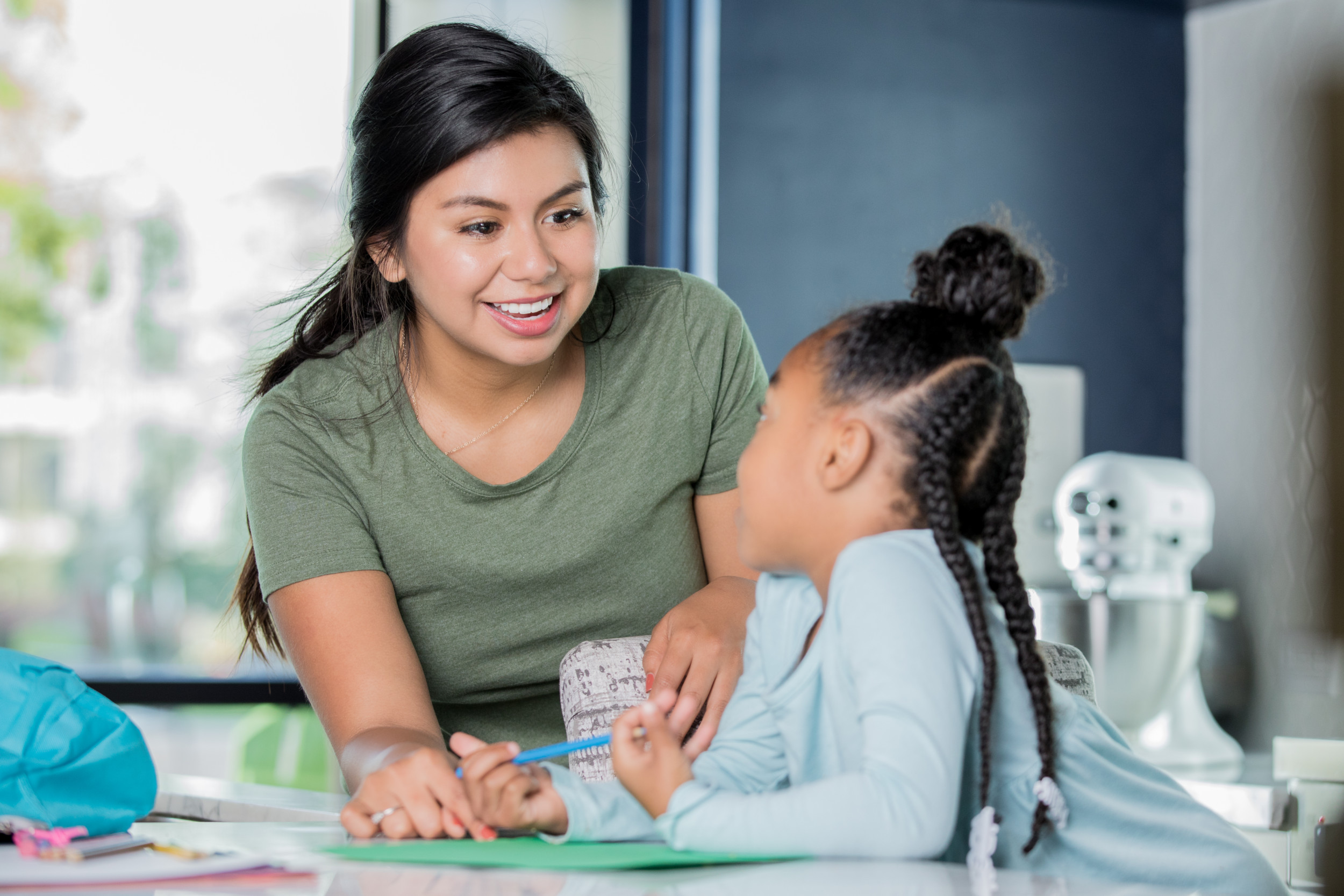
The Trump administration’s pause on some visa interviews last week did not just affect international students, but many American families reliant on foreign au pairs coming to the United States.
The State Department paused new visa processing for a handful of categories, including J-1, otherwise known as the Exchange Visitor Program, under the premise that it needed to tighten vetting processes to avoid national security threats entering the country.
While much of the focus has been on the F-1 student visa, the J-1 encompasses a whole range of programs allowing foreign workers to come to the country temporarily, from camp counselors to medical staff to au pairs. Around 5,600 of the latter were expected to enter the U.S. in the next four months.
Mark Overmann, executive director of the Alliance of International Exchange, told Newsweek that many potential visa holders had already begun making travel plans, and even been matched with host families before the pause.
“All that, every day that the pause continues, will start to get thrown into disarray,” Overmann said. “That will disrupt potential au pairs’ travel plans, and experience plans, for the next year, but also really put American families, working families, who are counting on having this au pair in their home to care for their children, that will really disrupt their lives in meaningful and difficult ways.”
InterExchange, which also advocates for and helps with the J-1 program, estimates that au pairs spend an average of $143.8 million each year in the U.S., and that 87 percent of families who rely on au pairs would not be able to find sufficient childcare if they did not have access to the program.
In 2023, the last full year of data available, over 21,400 au pairs took part in the program. In total, roughly 348,000 people obtained J-1 visas.
A Colombian woman who took part in the au pair program and now has an F-1 student visa spoke with Newsweek on condition of anonymity, explaining that the initial experience of obtaining her visa was smooth three years ago.
“My relationship with the host family was great. We’re still in touch. It was a beautiful experience—I think for both of us,” she said. “I took care of three kids. One of them was a newborn when I arrived, so his first words were in Spanish. I think it was a very meaningful experience for them.”
Getty Images
While it remains popular, the program has not been without controversy. In 2019, a dozen former au pairs from multiple countries sued the companies that recruited them, alleging they had been overworked and that companies had kept hold of a share of the wages meant for them. A $65.5 million settlement was later reached.
At the time, the Washington, D.C.-based think tank Economic Policy Institute (EPI) said that the federal government, including Congress, needed to act to make substantial changes to the program to protect workers and increase oversight.
However, the pause by the Trump administration is not to look at these issues, but to reportedly increase scrutiny of the applicants themselves, including analyzing their social media presence and posts.
Newsweek asked the State Department about its decision and the potential impact on American families. A spokesperson did not address the second part of the question, instead repeating the message that getting a U.S. visa was “a privilege, not a right”.
The spokesperson also said that au pairs and other potential J-1 recipients were welcome to continue to submit applications and wait for new slots to become available at U.S. embassies and consulates around the world, adding that “they need to be fully truthful in their applications when they do so.”
With the J-1 visa initially available for 12 months, the Colombian woman Newsweek spoke to has since left her host family and role as an au pair, but remained in the U.S.
“Of course, I have to stay super alert because I switched from my J-1 visa to an F-1 visa, and I still have student status, and with everything going on, anything could happen, right?” she said. “You live with the risk that your visa could suddenly be canceled, and you’d have to go back. Right now, having student status doesn’t guarantee you’ll be safe in the country.”
Hitting pause on programs, which do see applicants heavily vetted before visa approval, has caused concern among immigration advocates, but Overmann said many American communities would only start to notice once the flow of J-1 holders eases.
“So many exchange programs from au pair to camp counselor to summer work travel to teacher to high school are so really embedded in American communities in ways that so many Americans understand and experience and benefit from on a daily basis, but many don’t even quite realize that they’re interacting with benefiting from exchange participants and exchange programs,” he said.
For now, those with visa appointments can still head to their embassy to continue the J-1 process, but Overmann, the organizations he works with, and the American families reliant on au pairs are anxiously waiting for an end date on the pause from the State Department.
.
